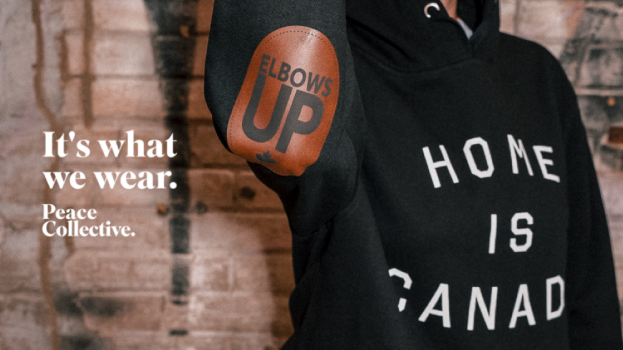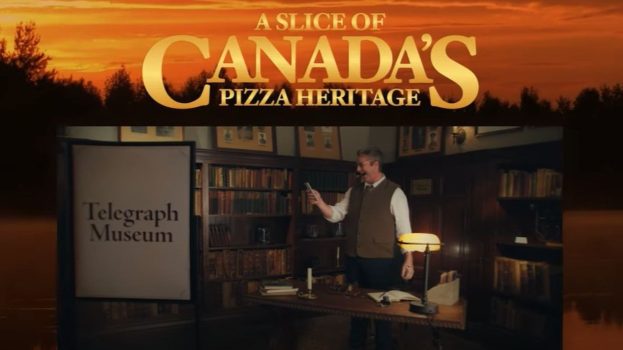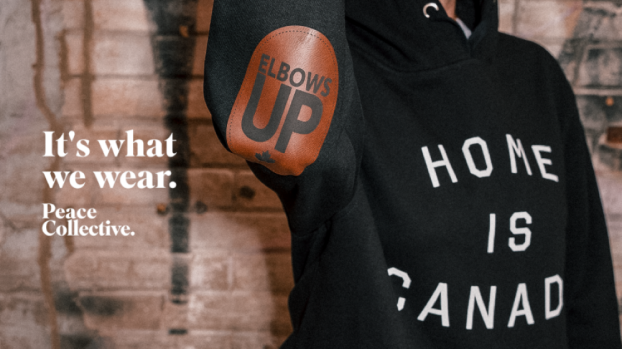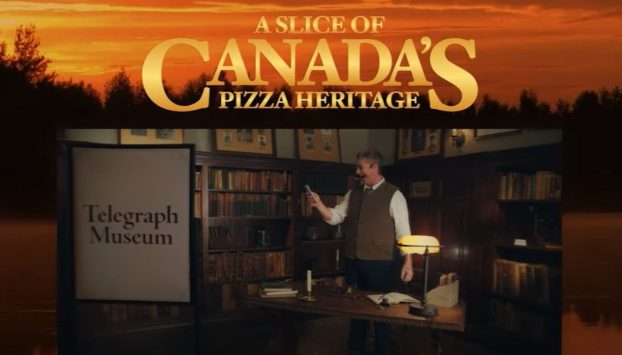
Hearing aid manufacturer Widex is leaning into testimonial storytelling in a rare Canadian consumer-facing campaign.
The campaign and accompanying online hub, “Stories We Hear,” features a curated collection of stories from users of hearing aids, like Toronto soccer coach Jason Burke (above) and Newfoundland grandfather Patrick Fowler, to motivate everyday people to take action.
“’Stories We Hear’ is an avenue for self-reflection that de-stigmatizes hearing loss through the experiences of Canadians of all ages, lifestyles and backgrounds,” explains Brian Beatty, VP of marketing for Widex and WSAudiology in Canada. “We hope these stories inspire people to seek specialized treatment for their hearing loss as soon as possible, understanding that it can impact anyone at any age.”
Beatty says this type of storytelling pulls at the heartstrings of family members and clinicians and has proven to be effective, and the interview subjects were suggested by professionals.
According to Beatty, Widex primarily markets through B2B channels and its sales reps, but that it would like to do more consumer-facing work.
“We sell to audiologists and hearing care professionals, and most of our programs outside of our social media posts go through those channels and very rarely do we take a leap into the consumer segment,” Beatty says.
According to Stats Canada figures, 60% of Canadians aged 19 and older have some type of hearing health problem, be it an audiometrically measured hearing loss, tinnitus, or both – however, only a tiny fraction seek professional advice or wear hearing aids.
The reasons include a misperception of the quality of modern hearing aids, vanity, or concerns about the social stigma often associated with hearing loss, as Beatty notes, such as appearing old.
Hearing technology has changed dramatically, Beatty explains, and hearing aids are no longer large, obtrusive devices.
“The stories we heard have something in common: hearing aids users regret not doing anything to treat their hearing loss sooner,” Beatty notes, telling strategy that industry data suggests that, on average, it can take as long as seven years for someone experiencing a hearing issue to seek help.
The hearing device space right now is the busiest it’s been a while, Beatty says.
“We saw an immediate drop off in April of 2020, when the market shut down,” he says, but now it is above pre-pandemic levels. This is because its core market of seniors is now emerging from isolation, or returning from sunny climes, and many are seeking out treatment for their hearing loss.
The work was done in-house, is being promoted through Facebook and earned media, and has PR support from Pilot PMR.























